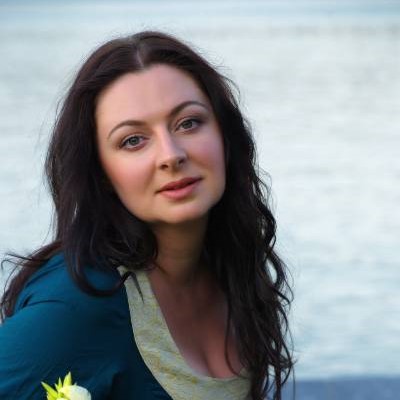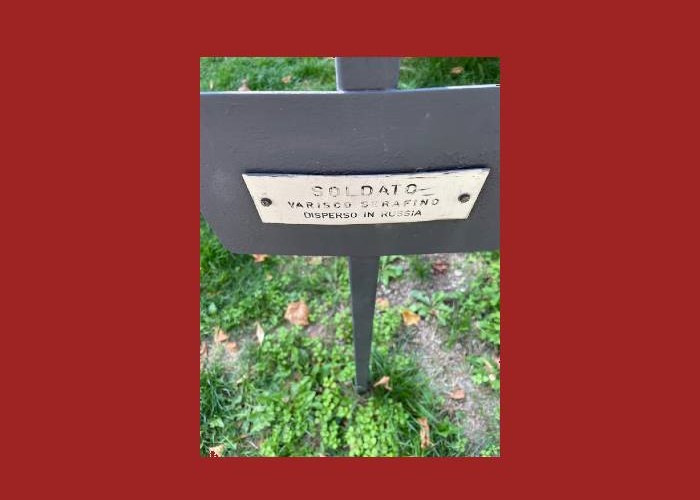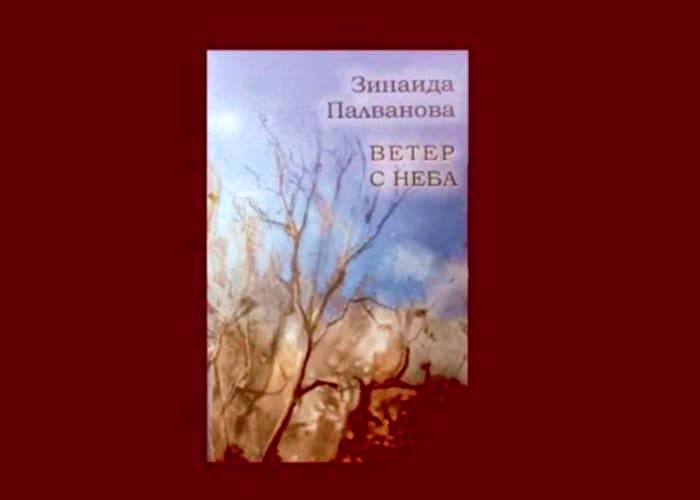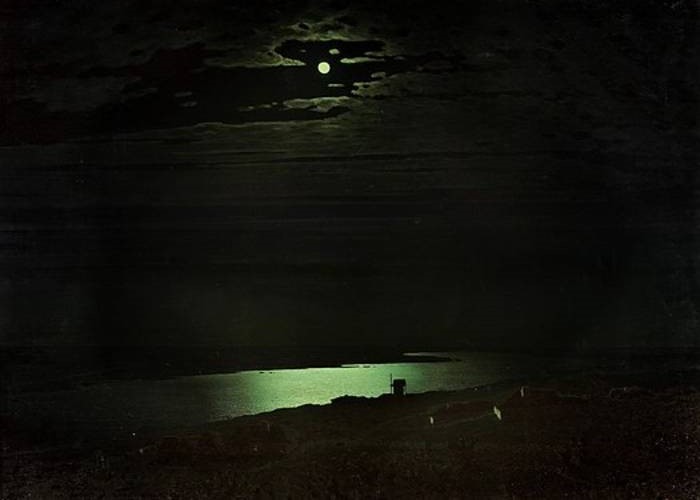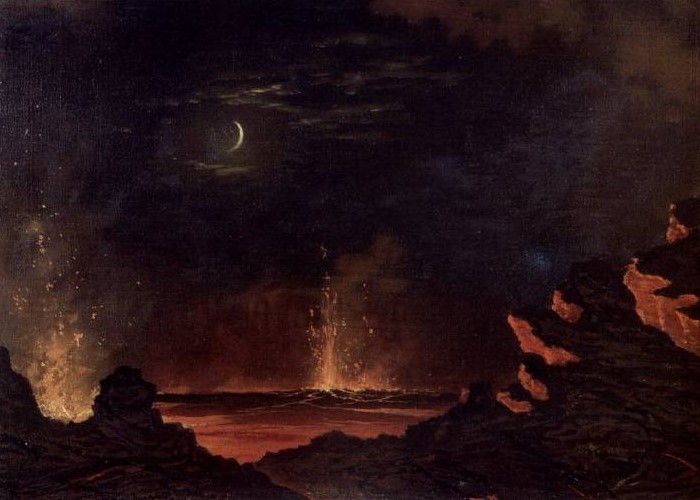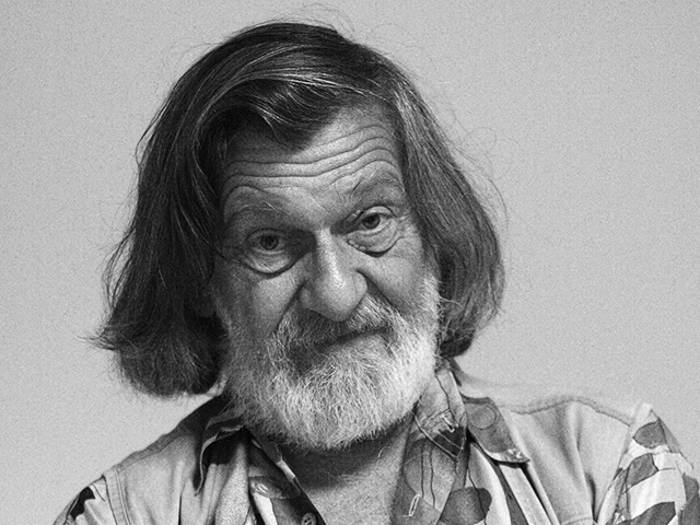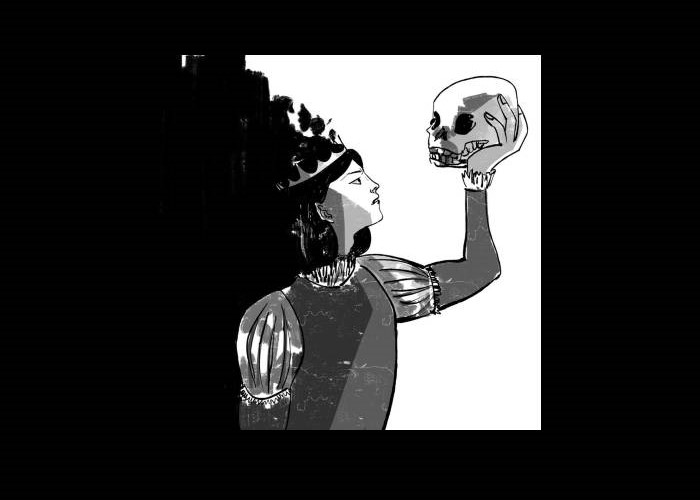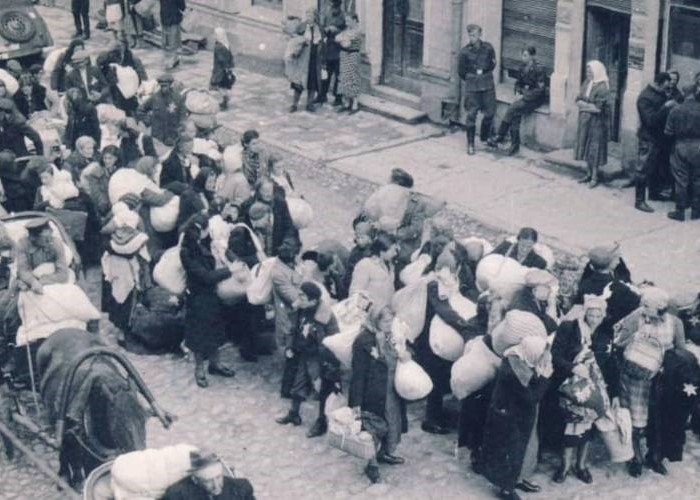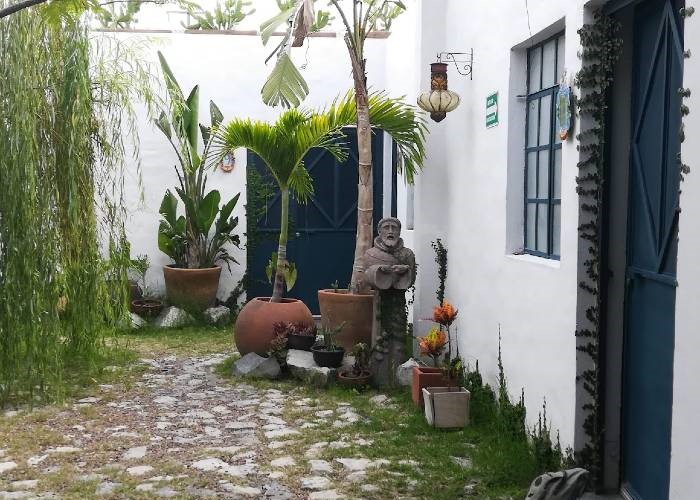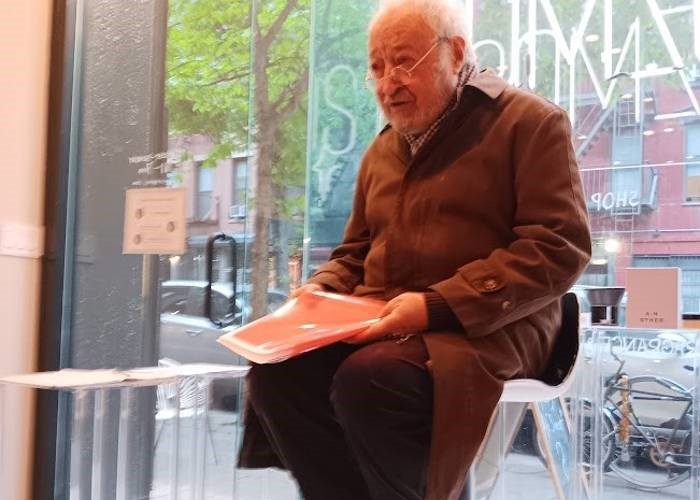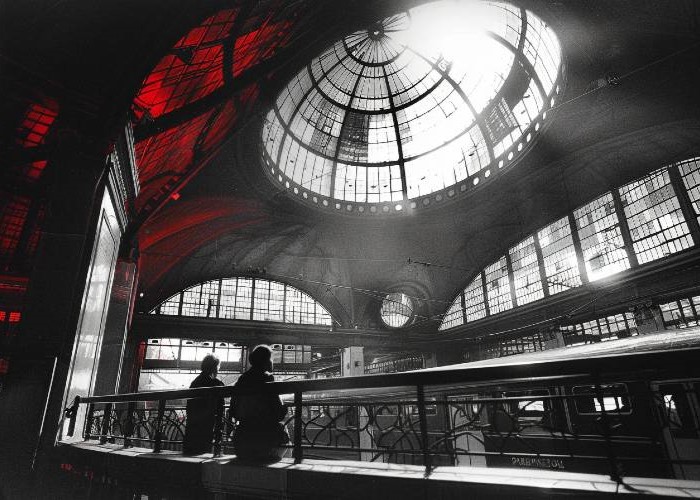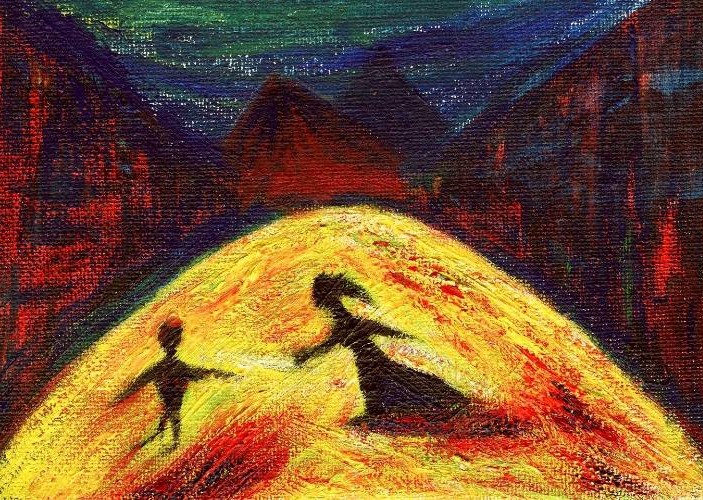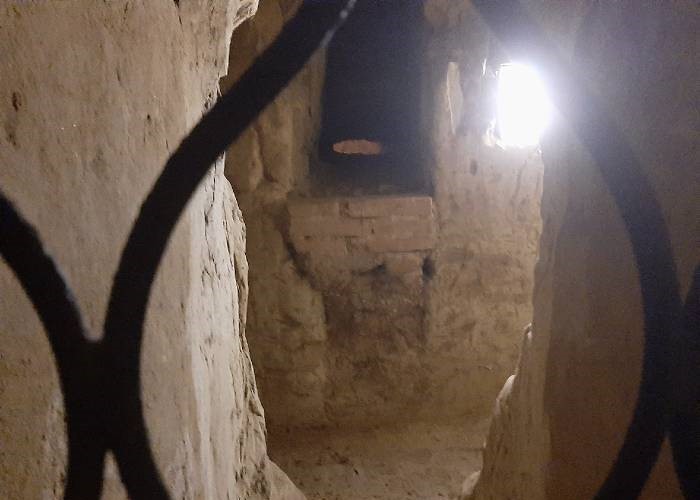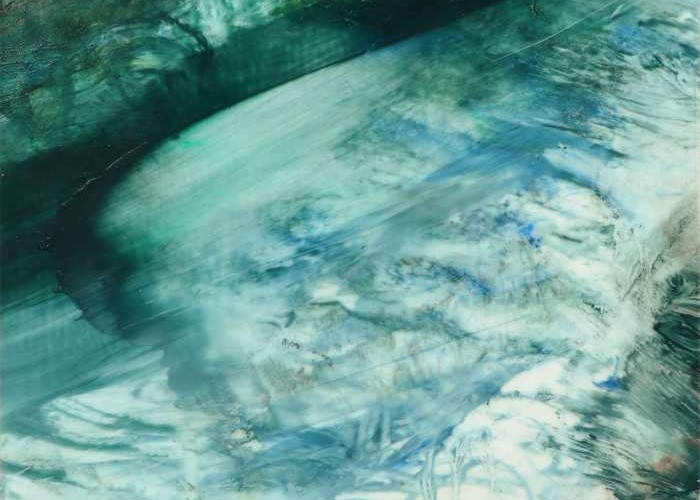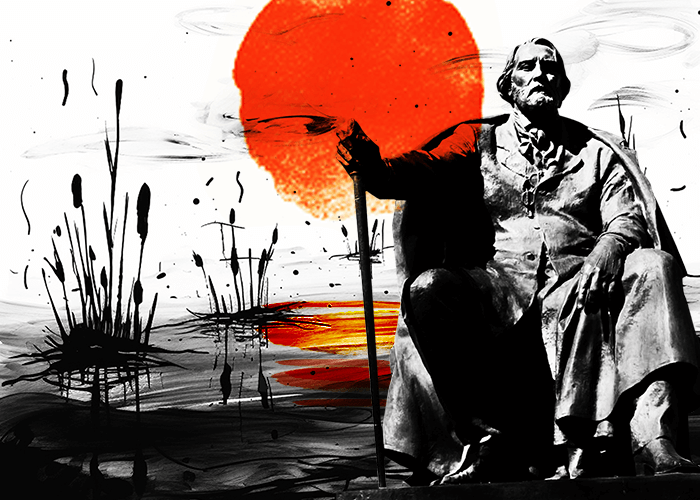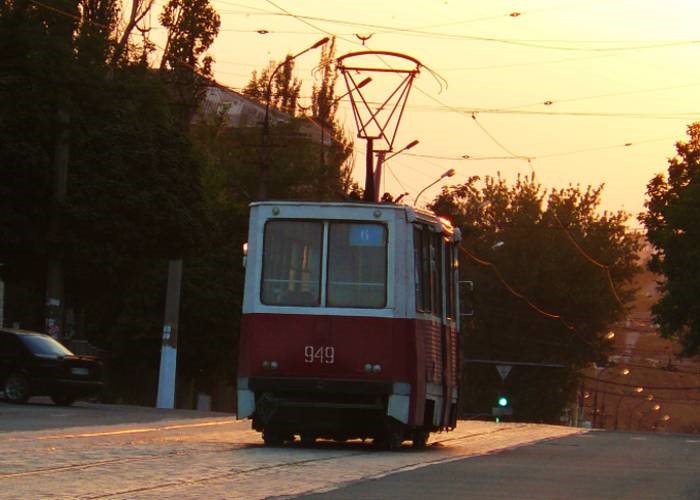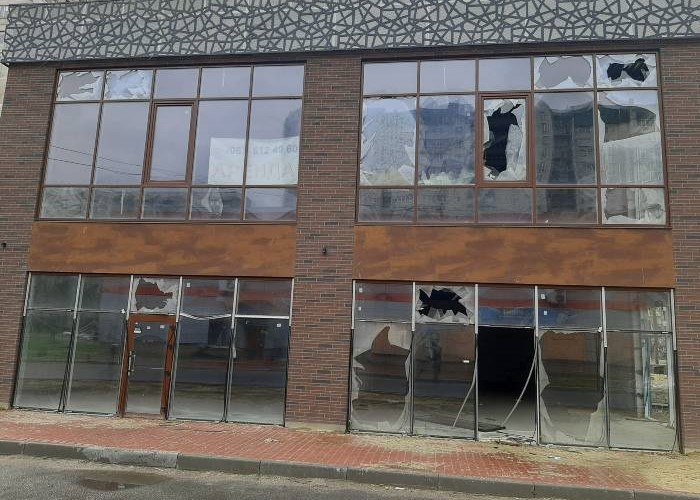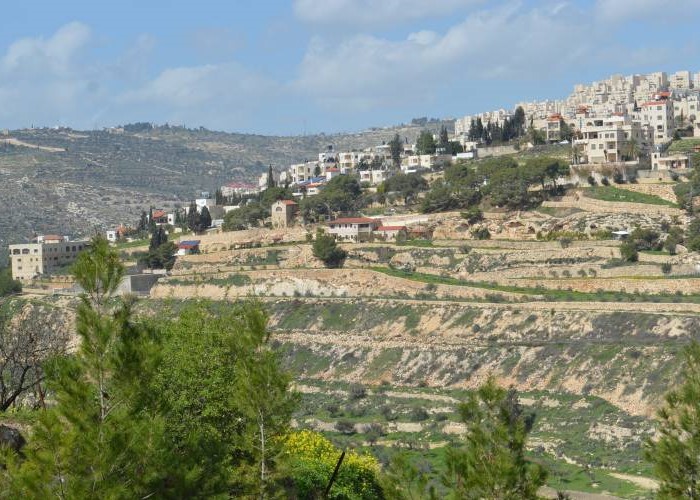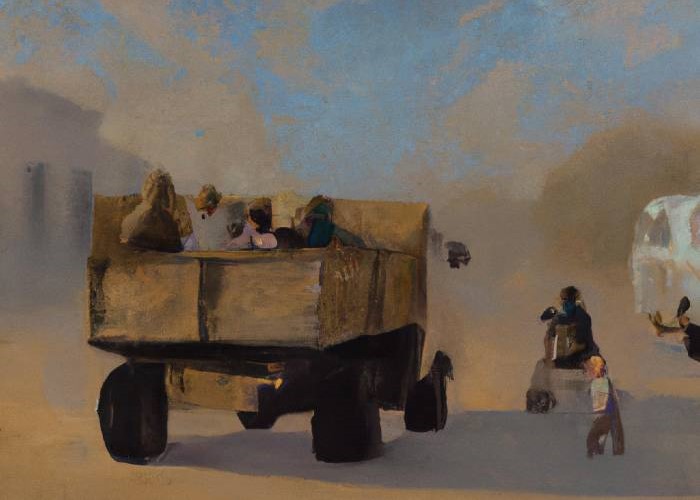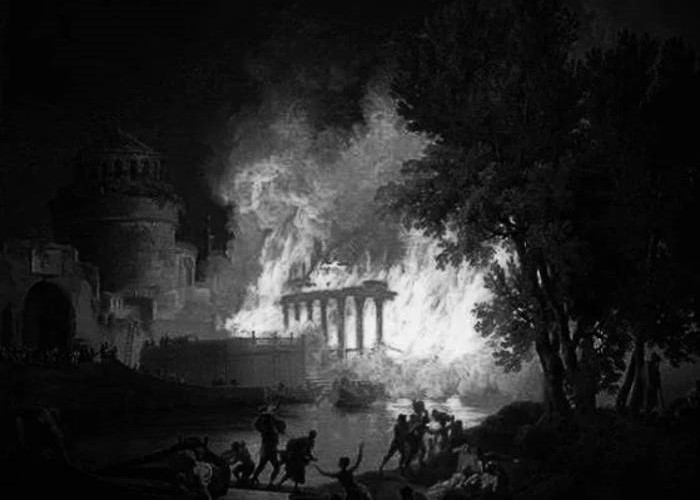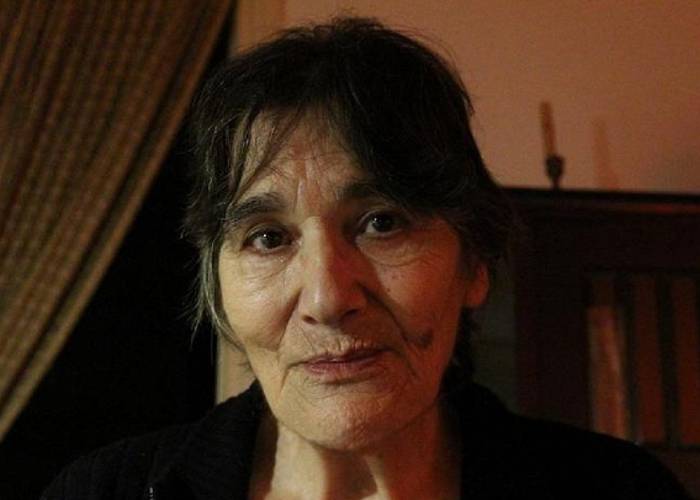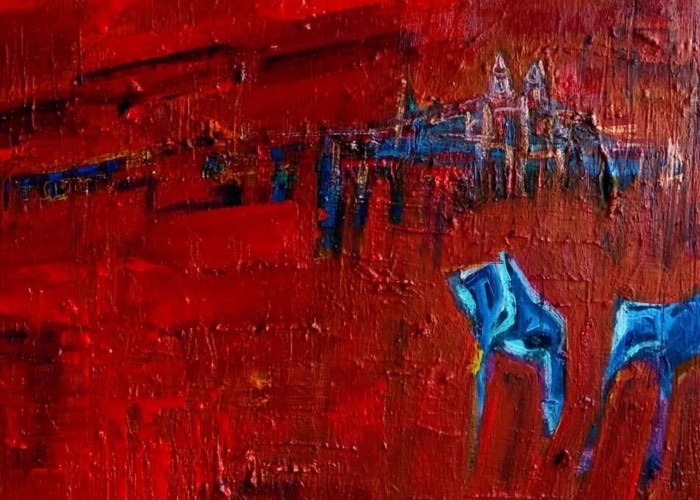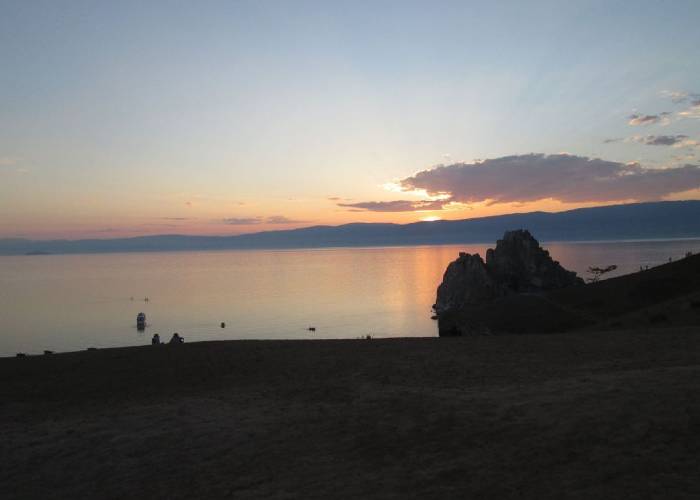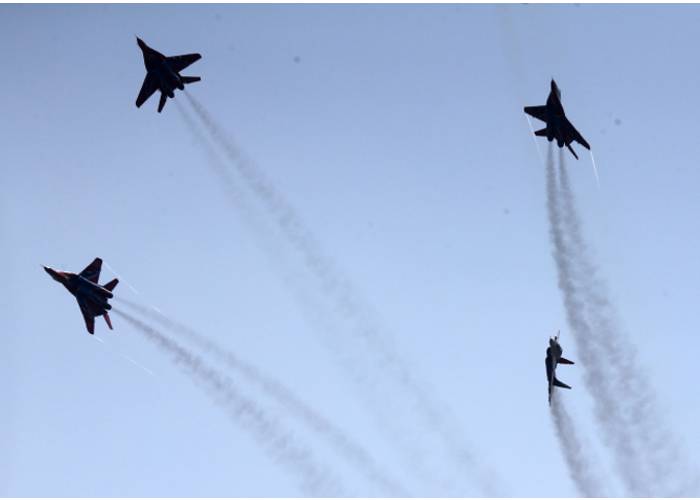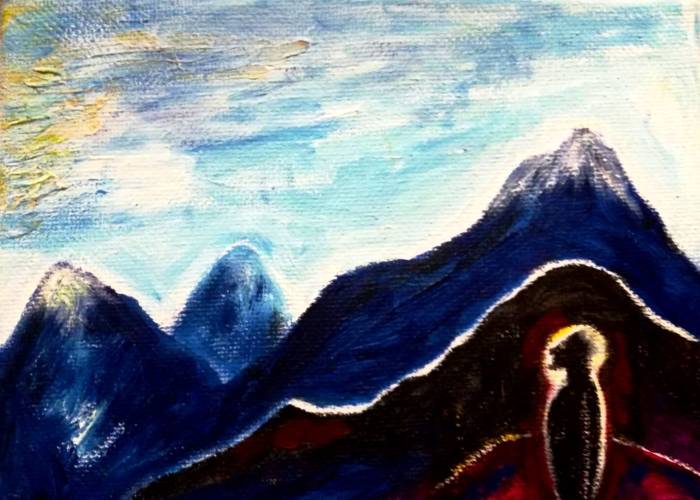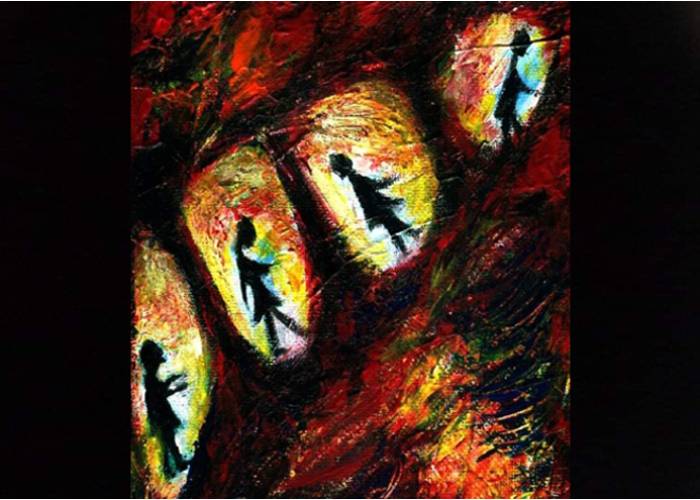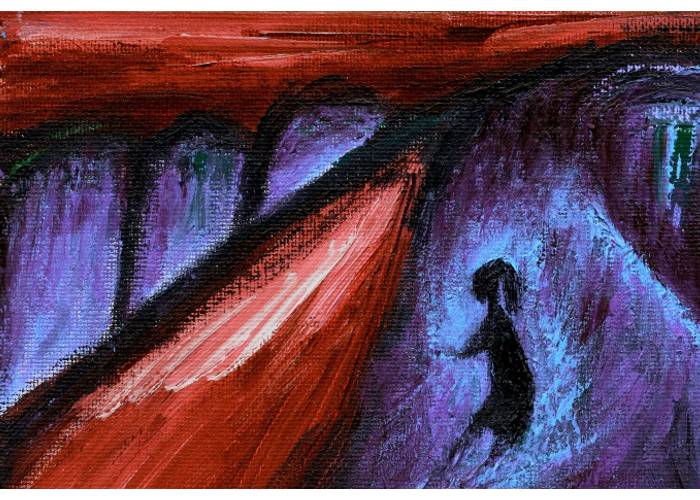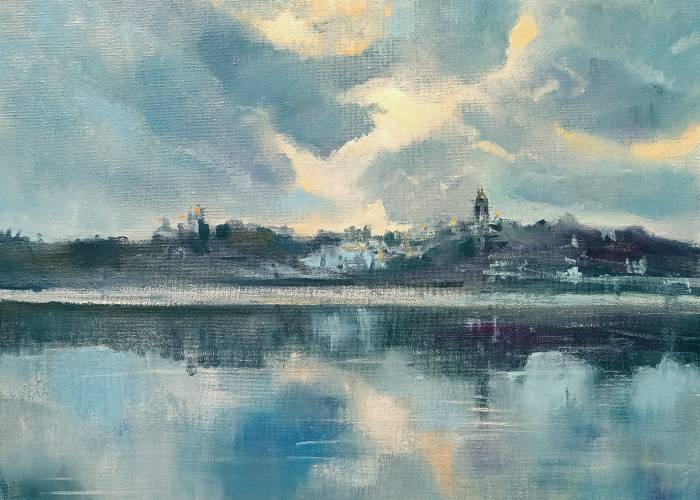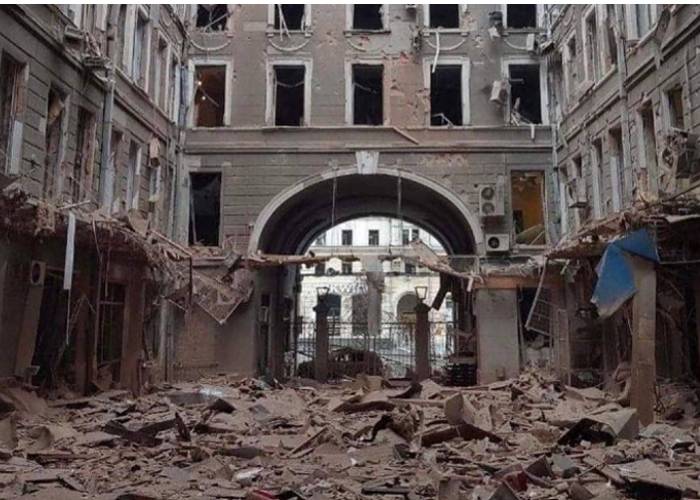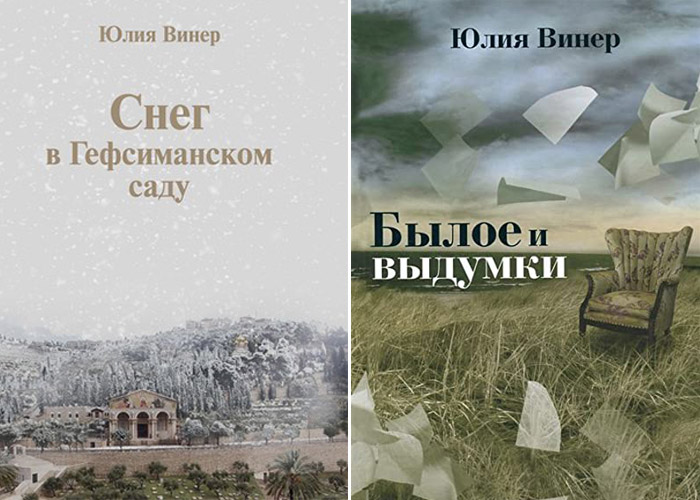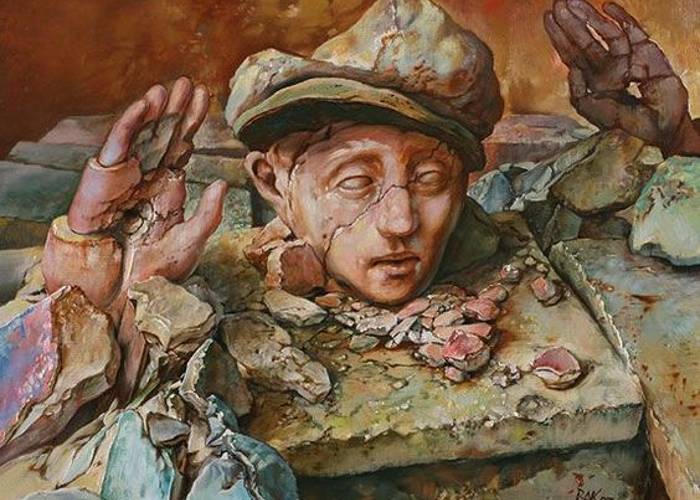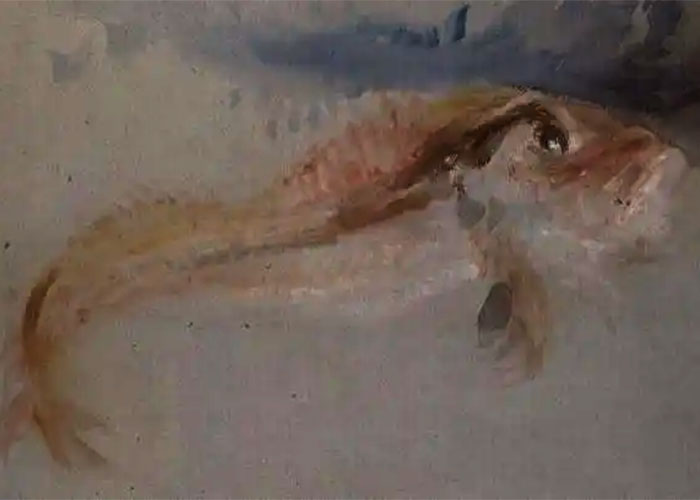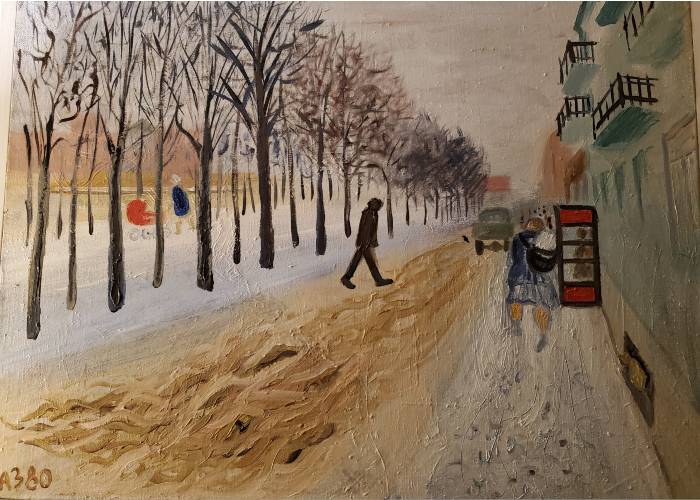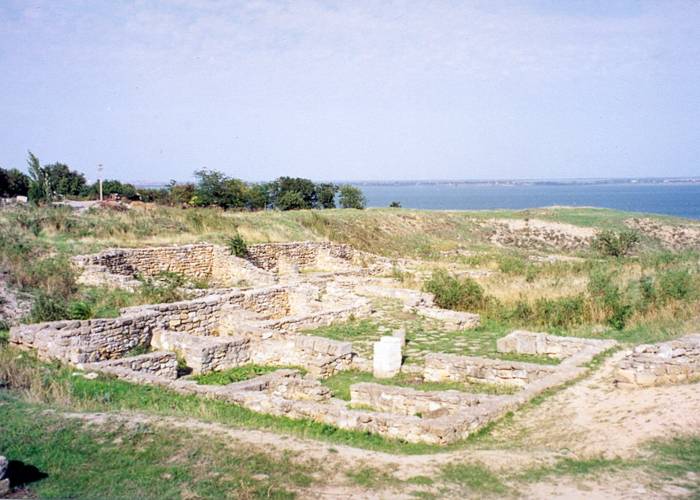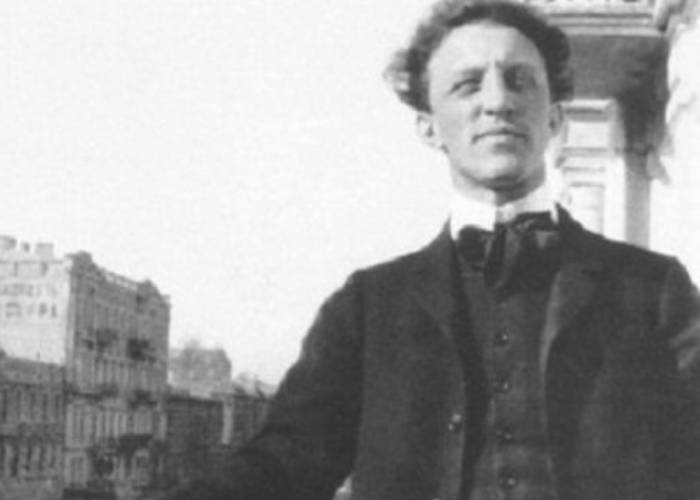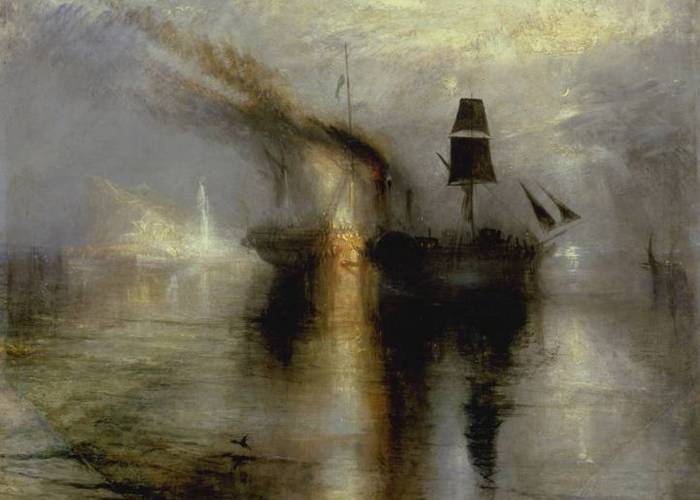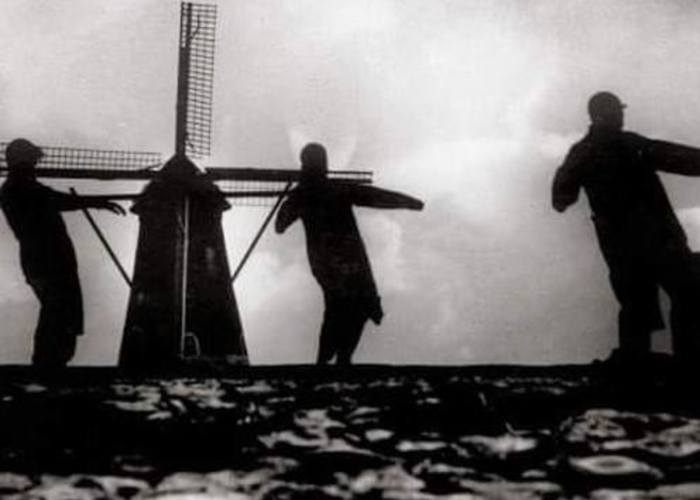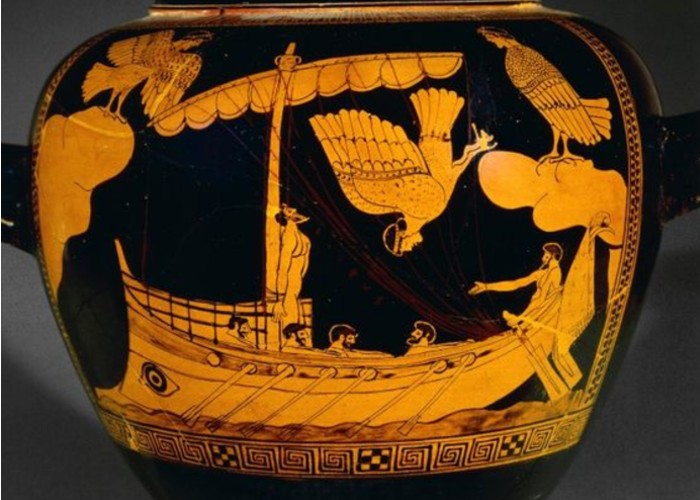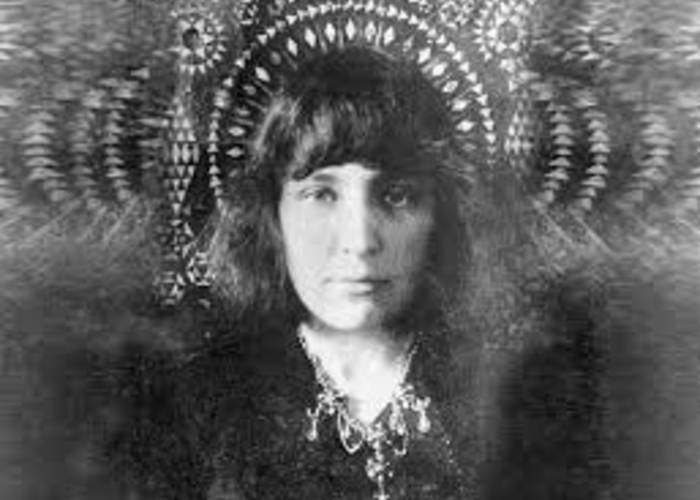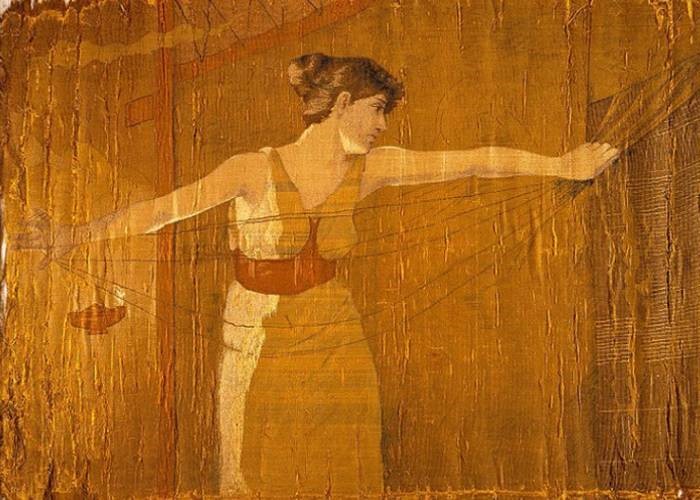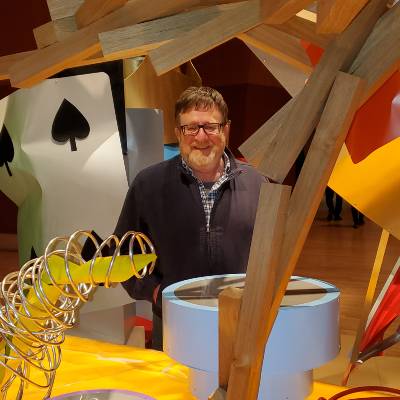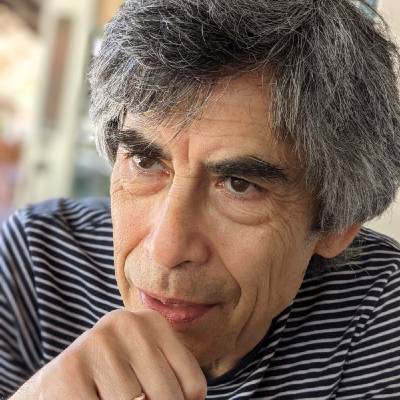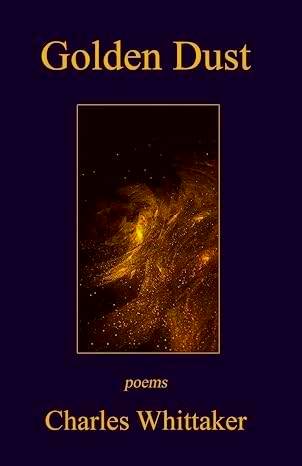1
I’m taking a Peneloping test,
One-two-three and bingo, you are impressed:
I’m almost there.
I’m faithful and thoroughly patient, nothing upsets
My even temper.
My Odysseus had two missuses and a bunch of kids,
My Odysseus kept making dangerous bids,
He would die if he couldn’t scale peak after peak:
The wind and the sea, triumph and Troy –
He’s not unique.
My Odysseus was wounded in a random fray,
He was heading down the Styx to the realm of the dead,
But no one went looking for him, no one:
Not his wives, nor his daughter, his beauty and pride,
Nor the worthiest of all men,
His son.
My Odysseus was left without a dime,
In fact, he had nothing left,
Nothing remained of his youthful time,
Just belief in himself.
And when he came to, alive and broke,
He breathed out, breathed in and set out to find:
His bow and arrows, Penelope, hearth smoke,
Clean sheets, watermelons, the home he’d left behind.
He would miss none of the roadside inns and taverns,
He’d left all he’d had to the Jews:
His rings, his sword and belt.
Thus he picked wisdom from Jews in his travels,
But he never learned to hold on to what he was dealt.
I’m taking a Peneloping test,
Weaving plain cloth, baking bread –
Almost there, it seems.
I can wait here for the second flood to crest
And my land to become the Ithaca of his dreams.
I know: Penelope had jewelry of the Hellenes,
Bracelets, necklaces, bedsheets with a fancy weave,
She had an expansive field
Growing watermelons.
But what do I have…
Translated from Russian by Dmitri Manin
2
They filled my ears with slanderous venom,
I accepted all their gifts.
Thus, in a myth the proud Arachne
Weaved her stupendous tapestries
To no avail: her woven wonders
Did not save the worlds of golden dreams.
Thick cobwebs filled the air between us,
So you and I could hardly breathe.
Wasn’t it just like when divine Medea,
Poisoned with jealousy and rage,
To spite her cheating husband Jason,
Murdered her children in revenge?
I empathize with epic heroes,
Yet now——where is that ancient Greece?
Nor had I ever found Jesus,
Who could have brought me back my peace.
I won’t disturb your quiet slumber;
My torn-to-pieces bleeding soul
Was carried low by an angel,
Above the ground, very low.
Translated from Russian by Simon Patlis
The Originals
1
Я сдаю экзамен на Пенелопу,
Я в два подскока и в три прихлопа –
Почти она.
Я терпелива, неутомима в своём терпении
И верна.
Мой Одиссей нарожал детей и сменил двух жен,
Мой Одиссей постоянно лез на рожон,
Он не может жить без своих вершин:
Без ветра и моря, без славы и Трои, –
Не он один.
Мой Одиссей был ранен в одной из войн
И устремился по Стиксу в царство теней,
Но не искала его ни одна из жен,
Ни красавица дочь,
Ни достойнейший из мужей –
Его сын.
У моего Одиссея не было двух монет,
Потому что не было ничего,
Не было и двадцати молодецких лет,
Оставалась только вера в себя самого.
Так Одиссей обнаружил себя живым,
Выдохнул воздух, вдохнул и пошел искать:
Дом, Пенелопу, арбузы, из печки дым,
Лук боевой и застеленную кровать.
Не миновал Одиссей не одну корчму,
Всё оставлял евреям:
Перстни, пояс и меч.
Так научили евреи его уму,
Но Одиссей не умел ничего беречь.
Я сдаю экзамен на Пенелопу,
Тку полотно, выпекаю хлеб, –
Почти она.
Я ожидаю здесь второго потопа,
Чтобы его Итакой стала моя страна.
Я знаю: у Пенелопы были серьги и бусы,
Золотые браслеты, белёная простыня,
Было большое поле,
На котором росли арбузы.
А что же есть у меня…
2
Мне лили в ухо яд злословный,
Я принимала все дары,
Так горделивая Арахна
Сплетала чудные ковры,
Но не спасли её картины
Миры иллюзий золотых
Покрылся воздух паутиной,
Нещадно душащей двоих.
Не так ли дивная Медея
В отраве ревности своей,
В изменах мужа сатанея,
Губила собственных детей.
Я о героях сожалею,
Но Греция уже не та,
Найти спасенье не умею
В теле распятого Христа.
Я мирный сон твой не нарушу,
Так низко, низко от земли
Мою растерзанную душу
На крыльях ангелы несли.
